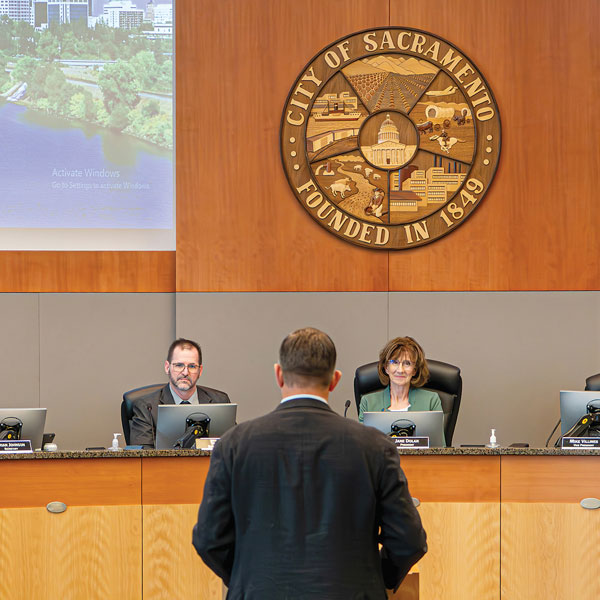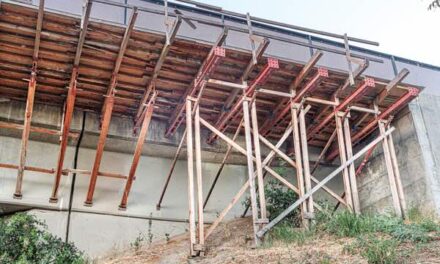Nothing good can be said about the decision that allowed several temporary chain-link fences and gates to sprawl across the Sacramento River levee in Pocket.
The fences block access to the river. They were approved in secret. They violate the California Code of Regulations, state law that requires public hearings and regulatory board approval for levee fences and controversial encroachments.
But Chris Lief, the Central Valley Flood Protection Board executive officer who authorized the fences, made one smart move when he green-lighted the blockades.

He required several conditions for fence lovers to follow if they want to keep their barricades.
At least five property owners near the levee lobbied Lief and his staff for fences. The property owners sought barriers to replace old fences authorized decades ago but removed for levee repairs by U.S. Army Corps of Engineers.
The flood board owns and controls the levees. But a few residents hold access easements. They claim their easements ban the public from accessing parts of the levee. Their claims have never been validated in court.
Before Lief became the flood board’s chief bureaucrat last April, the board dismissed trespass complaints from property owners. The flood board rightfully said it was a flood prevention and maintenance agency, not a private security force.
Lief upended all that when he signed fence authorizations last year. His actions instantly expanded the flood board’s responsibilities. He entangled the state agency in private security matters.
When Lief authorized the fences, he sent letters to each property owner who was granted a barrier. I have copies.
The letters begin with bizarre justifications. Lief calls levee fences a “minor alternation” to the levee. He says gates “will not be injurious to the public interest.” He says fences “will not impair the usefulness of the flood project works.”
Those statements are laughable.
Lief’s letters also include language that should make the handful of property owners wonder whether their fences are a dumb, expensive mistake. He establishes “special conditions” that place heavy obligations on the property owners.
First, he dumps responsibility for “all personal liability and property damage” onto the homeowners. He indemnifies the state from any problems related to gates and fences.
If anyone sues the flood board over Lief’s illegal authorizations—not a bad idea!—the property owners must pay the flood board’s legal costs.
Lief warns property owners not to work on the fences during flood season, Nov. 1 through April 15. If fences get torn down during that period, tough luck.
Finally, fences must not interfere with flood control or maintenance. This includes causing erosion or damaging the levee. When the river runs high, fences must be removed from the levee slope to avoid catching debris.
That last requirement is critical. It’s a mandate historically ignored by Pocket and Little Pocket property owners with fence permits.
Those residents have a habit of not caring about rules. They often left old fences in place during high water. They redesigned gates without permission. They strung barbed wire, caused erosion, transferred ownerships, even moved fences without asking.
They seemed to say, rules are for suckers.
Despite Lief’s willingness to authorize temporary fences, the flood board isn’t a police agency. The board struggles to enforce encroachment permits along the levee.
In past years, when I reported fence and encroachment violations to the flood board, I was told the state lacked personnel to run down every complaint. Staff said they would investigate when they could. Whenever that was.
Which means it’s up to Pocket, Meadowview and Land Park residents to let Chris Lief and the flood board know when property owners near the levee break rules. If you see a fence in the water, say something. Let me know, too.
Given that temporary fence authorizations themselves violate state law, I’m not confident Lief and the flood board will enforce much of anything. But we can hope.
Flood board executive officer Chris Lief can be reached at questions@cvflood.ca.gov.
R.E. Graswich can be reached at regraswich@icloud.com. Follow us on Facebook and Instagram: @insidesacramento.















